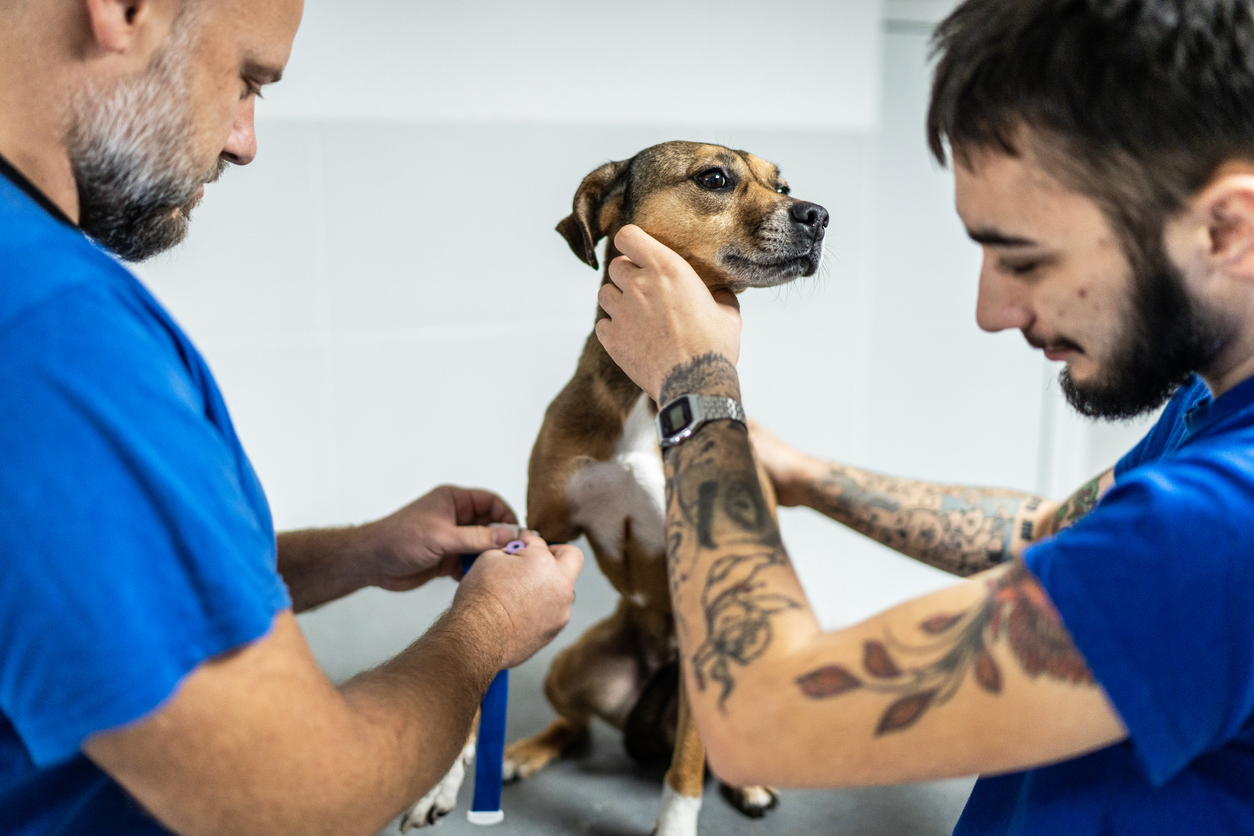We're now taking appointments
To book an appointment, please send us a message in the link below.
You can also call our clinic directly at:
Talking With Our Teens
How do we maintain strong connections with our children during the challenging transition period of adolescence?
Dr. Nate Balfanz, founder of Dr. Nate Psych
In a previously written article, I highlighted how understanding developmental changes in the adolescent brain could help to provide a framework for responding to corresponding observable changes in an adolescent’s personality and behavior. Specifically, I noted how the rapid growth and restructuring that occurs in the brain during the teenage years helps to prime adolescents for a time in their lives geared towards developing peer relationships, taking risks and trying new things, and exploring their own talents, passions, and belief systems as they face the inevitable launch into adulthood.
While the article was well received, a number of parents emailed me with follow-up questions requesting more explicit feedback about how to apply what was learned about the adolescent brain to helping build more effective communication channels with their adolescent sons and daughters. Thus, I have since taken the liberty of developing a “teen talk checklist” which highlights strategies gleaned from research and clinical application over my time as a clinical psychologist specializing in the treatment of children and families. While the items on the list are in no particular order, the more strategies parents are able to utilize in their daily interactions with their teens, the more effective they will be at connecting with their children on a meaningful, intimate level.
The Teen Talk Checklist
- Take on the teen's perspective
In attempting to connect with your teen, you’ll need to consciously move from the position of an outside observer of the child’s experience to that of an active and involved participant. This can be accomplished by asking yourself the question, “What would I need right now if I were in my child’s shoes?” while also using statements that convey genuine curiosity and interest into your child’s experience (ex. “What was that like for you?”). - Validate and contain the teen's feeling states
In addition to aligning with your child’s perspective, you’ll want to provide affirmation and validation for your child’s feeling states (an important step that parents frequently overlook). This can be done by providing process commentary about what you see happening for your child on an emotional level through phrases such as, “I can see how this made you feel…” or “That must have made you feel really…” It’s only after you have validated your child’s feeling states that you can then switch gears to providing more explicit direction and support for what to do in a situation. - Use self-disclosure and humility to your advantage
It will be helpful to consider the importance of well-timed self-disclosures in your role as a supporting adult in your child’s life. A thoughtful self-disclosure is useful such that it humanizes you as a parent and helps the teen to feel less alone in his/her struggles. Real healing can only take place when your child experiences you less as an adult simply talking down to them as a child, but more so as a kind, compassionate, and consistent human being in whom they can relate and confide. - Trust that everything being said has meaning
This helps to demonstrate that you are engaged and that you place value in what the child considers important enough to talk about, even if at first it may be seemingly insignificant. If you can have the patience to look closely for the details in the minutiae of what your children are saying, you’ll be demonstrating to them that you know how to listen and you’ll be there to hear them out when they choose to go deeper. - Remain aware of your own feeling states
I encourage all parents in the families that I work with to make sure they are performing regular “self check-ins” to recognize which of their own needs are not being met, as it will likely have an impact on their capacity to effectively attune to the needs of their children. Monitoring and exercising self-care is critical for parents not only because they are entitled to it, but also because their children deserve a positive model for what healthy mental and emotional functioning will look like.
Recent Articles



